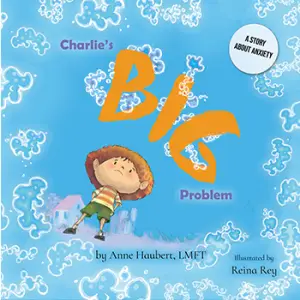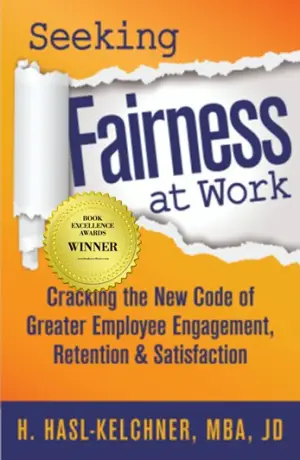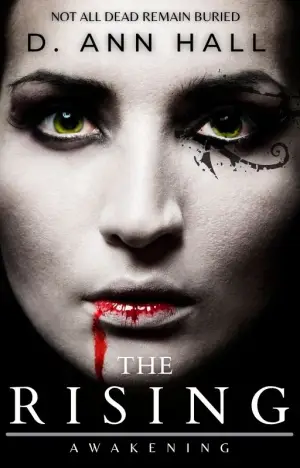A Journey Through Darkness: My Thoughts on The Midwife of Auschwitz by Anna Stuart
When I first stumbled upon The Midwife of Auschwitz by Anna Stuart, I was immediately drawn in by the haunting premise—a midwife fighting to bring life into a place defined by death. As someone deeply moved by stories from World War II, I knew this book would resonate with me. However, what I encountered was not just a narrative about survival; it was a poignant portrayal of resilience, love, and the slivers of hope that flicker even in the darkest of times.
The story unfolds in 1943, where we meet Ana Kaminski and her friend Ester Pasternak, thrust into the unforgiving world of Auschwitz. As Ana bravely claims the title of midwife upon their arrival, the tension matures, skillfully illustrating the gut-wrenching contrasts of joy and despair. This duality encapsulates the essence of the novel—a chilling dance of life against a backdrop of destruction. Ana’s determination to save both mothers and babies amid horrific circumstances is both inspiring and heartbreaking.
Stuart’s writing is immersive, laden with vivid details that compel readers to live these harrowing moments alongside the characters. I found myself emotionally invested, rooting for Ana and Ester as they navigated the abyss. The heartfelt practices of secretly tattooing babies with their mothers’ identification numbers felt as impactful as they were desperate, symbolizing hope against overwhelming odds.
However, the narrative isn’t without its pacing quirks. While many parts plunge at breakneck speed, interspersed with moments of quiet desperation, some might feel certain plot elements lean on convenience. That said, I found these moments only reinforced the emotional realism; in war, chance encounters can feel just as tenuous and improbable.
Throughout the book, testimonials from readers echoed my own experience. One reviewer articulated, “This book made me chuckle, brought me to tears, angered me at the injustice and inhumanity…” This idea perfectly mirrors how I felt—a rollercoaster of emotions. Another heartfelt comment highlighted the graphic nature of the story, emphasizing how it beautifully blended horror and humanity, something that resonated deeply with me.
In terms of themes, the exploration of female solidarity and sisterhood is especially striking. As Ana and Ester navigate their grim new reality, their bond becomes a lifeline, reinforcing the idea that hope can thrive even in the darkest circumstances. For me, the strength they display serves as a powerful reminder of the indomitable spirit of women throughout history.
The Midwife of Auschwitz is not merely a historical account; it is a vivid illustration of the human condition. This book will resonate with fans of historical fiction, particularly those drawn to the intricacies of World War II narratives. I believe it will also speak volumes to anyone seeking stories that highlight resilience in the face of tragedy.
In closing, this book impacted me profoundly, invoking both sorrow and hope. It’s a heartfelt tribute to those who have endured unimaginable suffering, reminding us of the importance of compassion and the relentless pursuit of love. If you decide to take this journey through the gates of Auschwitz, prepare to be challenged, moved, and ultimately uplifted. A must-read for anyone willing to confront the darkest chapters of our history, while still believing in the light that hope can bring.
You can find The Midwife of Auschwitz here >>






